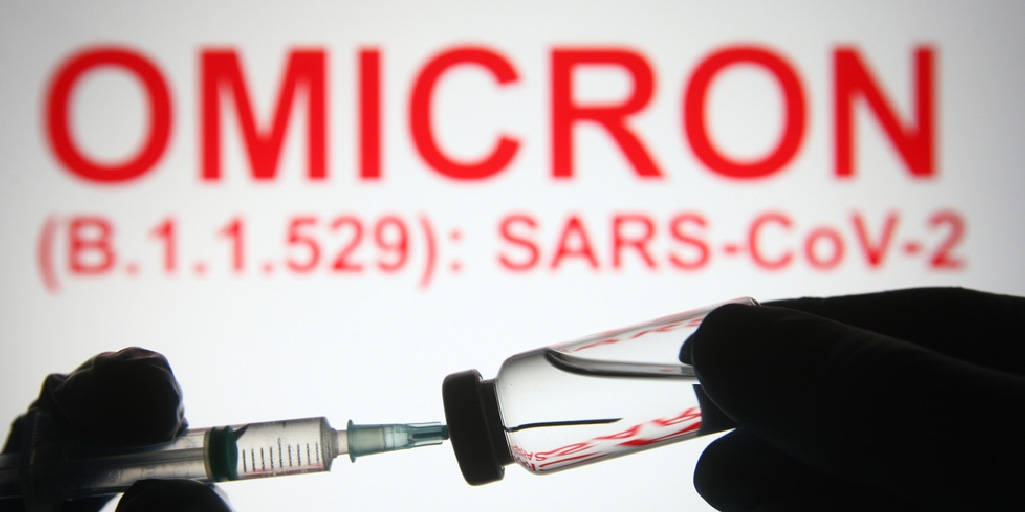
What’s New? The Omicron Variant & Vaccine Efficacy
In November 2021, South Africa alerted the world to the discovery of a new COVID-19 variant of concern code named Omicron. Ever since this discovery, questions have arisen about this variant’s infectivity, hospitalization rate, illness severity, severity, and immunity coverage offered by currently available vaccines. As several projects take flight globally to unravel some of these grey areas, we bring to you the latest findings so you can be up to date.
What’s new on the Variant?
On Tuesday, 14th, 2021, research conducted by Discovery Health Limited in South Africa reported that a two-shot Pfizer course may offer 70% protection against being hospitalized with the Omicron variant. According to this report, individuals who had received two doses of the shot had a 70% chance of avoiding hospitalization. This is 23% short of the 93% coverage vaccines offer against hospitalization if infected with the Covid Delta variant. According to the research, it also maintained this protection across all age groups and in the face of a range of chronic illnesses. As regards the vaccines’ effects on infectivity, it said that the Pfizer vaccine is 33% effective against infection by the omicron variant. It appears the Pfizer Inc. and BioNTech’s COVID-19 vaccine, as well as the shot developed by Johnson & Johnson, appears to largely prevent severe disease from the omicron variant.
The Discovery Health survey included about 78,000 positive COVID-19 test results attributed to omicron infections from Nov. 15 to Dec. 7 in South Africa, the epicentre of the omicron wave. Clinical records, vaccination records, and pathology-test results were examined.
Discovery Health, however, cautioned that the study’s findings should be considered preliminary, as several other surveys are still ongoing.
As regards the overall protection (and immunity) vaccines offer against the Omicron variant, researchers from the University of Oxford said in a preprint paper that there was a “substantial fall” in neutralizing antibodies (the antibody that defends cells from organisms that cause disease) when the Omicron variant was introduced to blood samples 28 days after participants received their second dose of either Pfizer or AstraZeneca’s vaccine.
The study, which has yet to be peer-reviewed, discovered that some participants “failed to neutralize [the virus] at all.”
According to the research, “this will probably lead to increased breakthrough infections in previously infected or double vaccinated individuals, which could drive a further wave of infection.” Scientists, however, said they needed more research to determine whether the variant evades other types of immunity provided by the vaccines.
“These data are important but are only one part of the picture. They only look at neutralizing antibodies after the second dose but do not tell us about cellular immunity, and this will also be tested,” said Matthew Snape, Oxford professor and co-author of the paper.
Still, notwithstanding the apparent lower severity of omicron, the sheer volume of infections could put “health systems under incredible pressure.
The WHO has said there were early signs that vaccinated and previously infected people would not build enough antibodies to ward off an Omicron infection, resulting in high transmission rates, but it was unclear whether Omicron was inherently more contagious than the globally dominant Delta variant.
In Conclusion,
All research has pointed to the fact that vaccination coupled with other COVID-19 prevention strategies such as mask-wearing is the safest, most effective way to protect yourself and your loved ones against any strain of the COVID-19 virus. Get vaccinated with Medbury today. Click the link to book your test and vaccination with us today.
Till we bring you “What is new” next week, stay safe and do not forget to always mask up!
